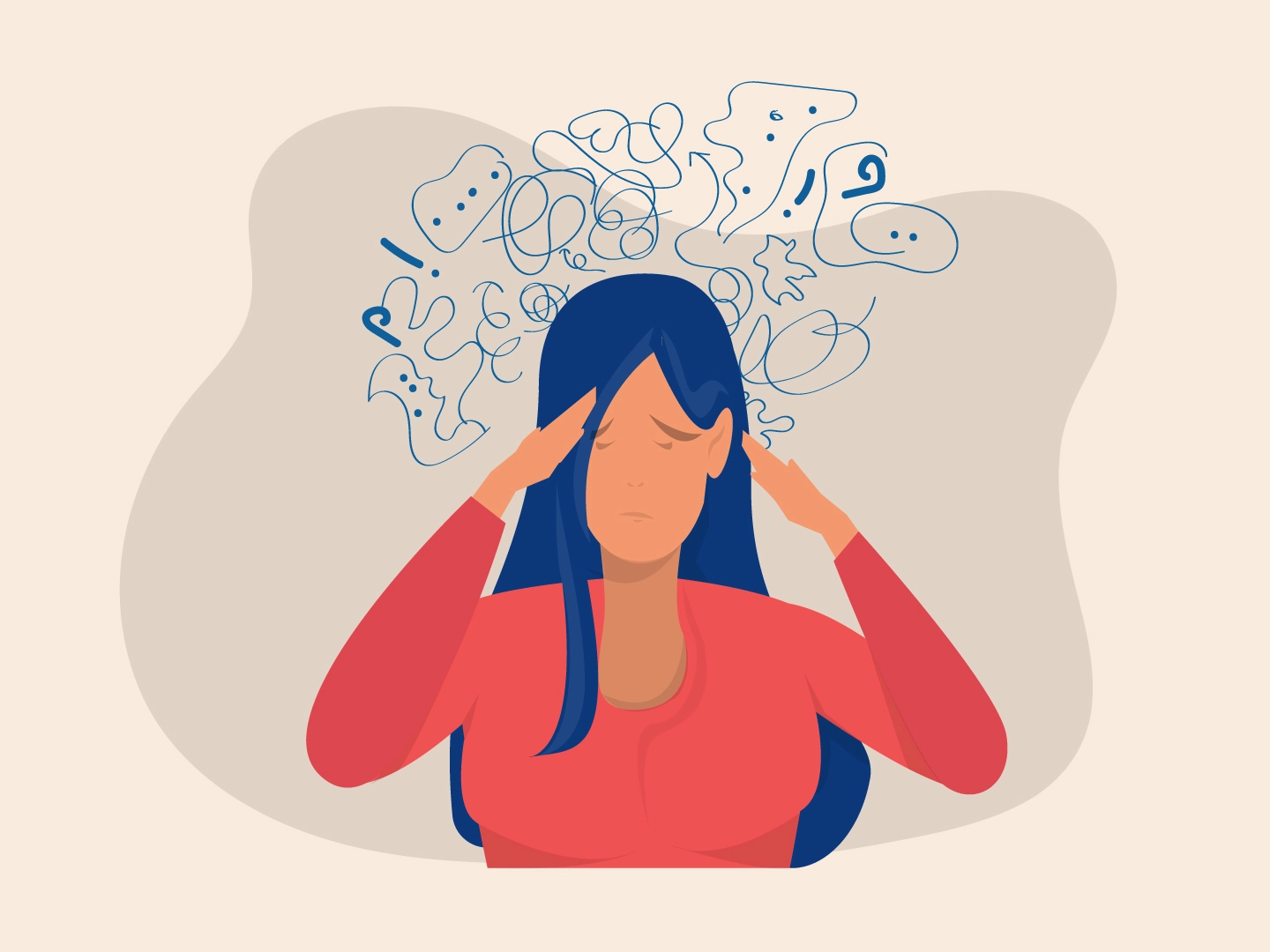Have you ever heard that ADHD isn't real? OR that everybody has ADHD? There are several misconceptions about ADHD in the world today. ADHD is real and often has profound impacts on individual's lives. Only 5-9% of children meet the criteria for diagnosis of ADHD in Canada.
What is ADHD?
ADHD stands for Attention-Deficit-Hyperactivity-Disorder. This is a neurodevelopmental disorder that typically develops in childhood and may persist into adulthood. ADHD can be separated into two main categories.
1) Inattentive- this is often diagnosed in females more than males. Individuals diagnosed with this subtype of ADHD struggle with difficulty in sustaining attention.
2) Hyperactive/impulsive- this is often diagnosed in males more than females. Individuals diagnosed with this subtype of ADHD may struggle with feelings of restlessness, being “on the go” or having to wait.

Individuals diagnosed with ADHD may be negatively stereotyped as out-of-control, space cadets, disruptive, and even dangerous. This is simply not true. ADHD affects every brain differently and may look different from person to person. With appropriate support at home and in school environments individuals with ADHD can succeed.
Supporting individuals diagnosed with ADHD can be challenging and frustrating. In my experience of working with individuals diagnosed with ADHD, these individuals are often motivated to be successful. With the right environment, support, and strategies these individuals can create resiliency and harness their symptoms to be used in a positive and self-fulfilling way.
There are several therapeutic interventions that are proven to support children diagnosed with ADHD. These may include CBT, DBT, Play Therapy, and ADHD Coaching.
Let’s talk about Play Therapy & ADHD.
Play therapy addresses several root problems associated with ADHD including resolving distracting emotions, improving decision making, reducing impulsivity, & learning new skills. Children have a low tolerance for restricting environments. Play therapy provides them a validating and empowering setting to learn strategies to support their regulation. Play therapy is fun, interactive, and a proven therapeutic intervention to support individuals with ADHD.
Time to practice!
If your child struggles with impulse control a fun game you can play to strengthen the neural pathway that increases control of impulses is SIMON SAYS. Try this game when your child is displaying signs of dysregulation to activate the part of the brain responsible for attention and focus.
Want to know more? Book in with Evolve Counselling & Wellness.
By Meghan Dalton BSW, MSW (pending), RSW
Counsellor and Master of Social Work student

